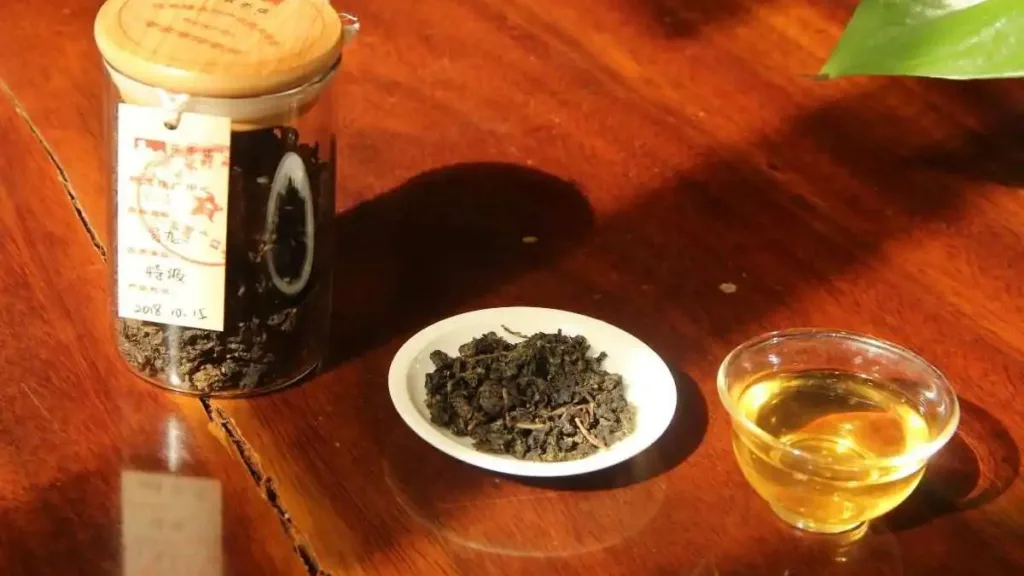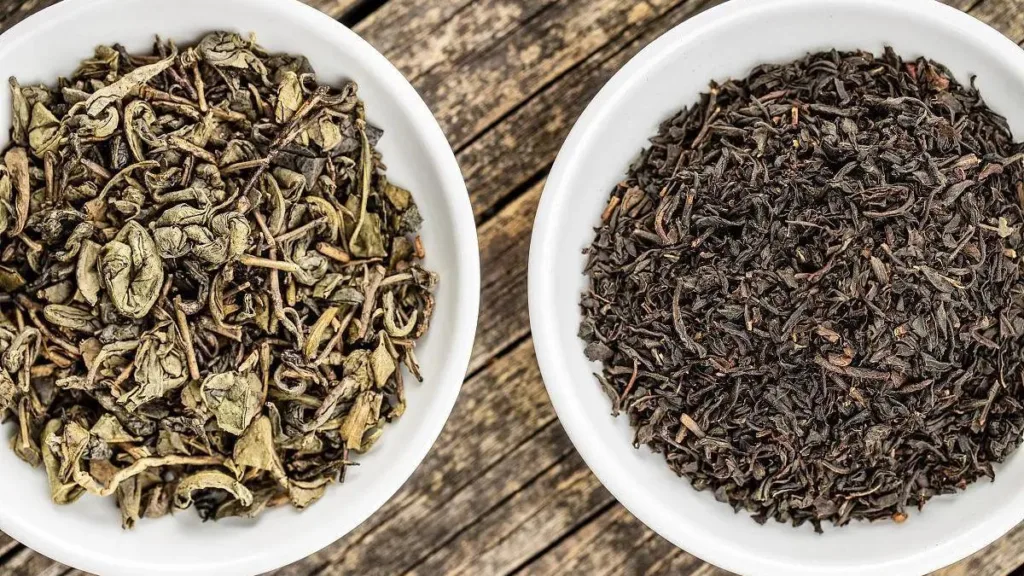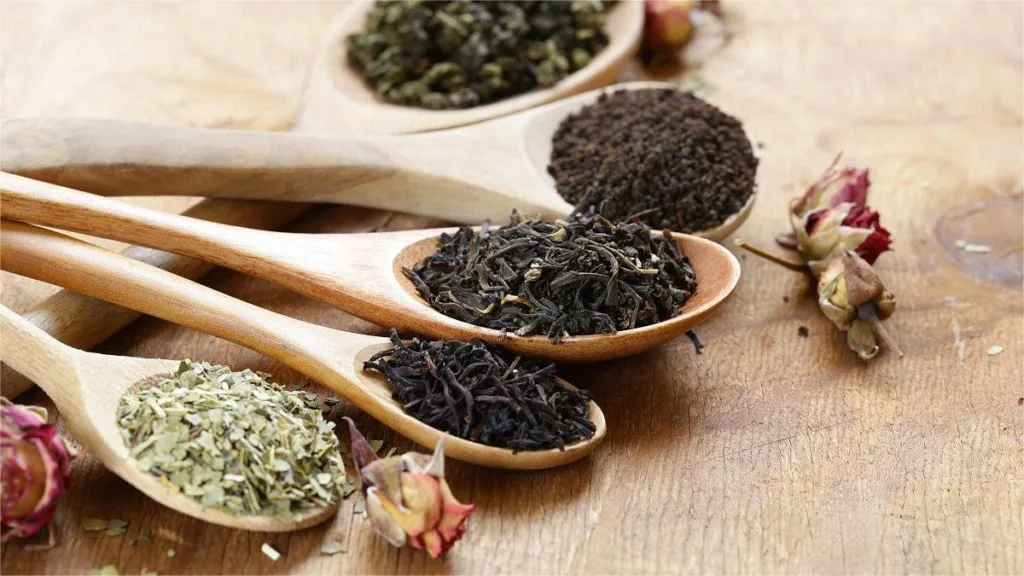Tea, often referred to as “cha” in Chinese, has been an integral part of Chinese culture for centuries. It is not just a beverage; it is a symbol of tradition, social interaction, and daily life. Tea’s impact on Chinese society and lifestyle has been profound, shaping the way people live, communicate, and even their philosophy. In this essay, we will explore how tea changed the lives of the Chinese people over the centuries.
One significant way tea changed Chinese life was through the development of the tea ceremony, also known as “gongfu cha.” This ritualistic preparation and consumption of tea became a form of art and a means of social interaction. The tea ceremony encouraged mindfulness and focus, teaching individuals to savor the moment and appreciate the subtleties of tea. It transformed the act of drinking tea into a spiritual and aesthetic experience, promoting a sense of harmony and balance in daily life.
Tea also had a profound impact on Chinese society by promoting the sharing of ideas and fostering a sense of community. The teahouse, a place where people could gather, discuss, and exchange knowledge, became a prominent fixture in Chinese cities. Teahouses were hubs of intellectual exchange, where scholars, poets, and thinkers would come together to engage in philosophical discussions, share their creative works, and discuss current events. This sense of community and intellectual stimulation greatly enriched Chinese life, contributing to the country’s vibrant cultural history.
Furthermore, the cultivation and trade of tea had a significant economic impact in China. Tea became a major export, leading to the development of trade routes, such as the famous “Tea Horse Road,” which facilitated commerce and cultural exchange between China, Tibet, and beyond. Tea trade contributed to the growth of Chinese cities, as merchants and traders set up tea markets and distribution centers. The economic significance of tea also played a role in shaping the political landscape, as taxation on tea trade became a significant source of revenue for the government.
Tea’s influence extended beyond the social and economic realms and into the realm of health and wellness. Chinese culture has long revered tea for its purported health benefits. It was believed to have various medicinal properties, including improving digestion, boosting the immune system, and promoting mental alertness. This belief in the health benefits of tea led to its integration into traditional Chinese medicine, where it was used as an herbal remedy for various ailments. Tea, especially green tea, remains popular in China today as a symbol of a healthy lifestyle.
Tea also played a role in shaping Chinese philosophy. The principles of harmony, balance, and simplicity that were ingrained in the tea ceremony had a broader impact on Chinese thinking. Philosophical schools such as Daoism and Zen Buddhism emphasized these principles, and tea became a reflection of these philosophies. It encouraged people to live in the moment, find beauty in simplicity, and appreciate the natural world. The practice of drinking tea became a way to connect with nature and embrace the ebb and flow of life.
In conclusion, tea has had a profound and multifaceted impact on the lives of the Chinese people. It transformed the act of drinking a beverage into an art form, fostering mindfulness and aesthetic appreciation. It promoted community and intellectual exchange through the teahouse culture, facilitated economic growth and trade, played a role in traditional Chinese medicine, and influenced philosophical thought. Tea is not just a beverage in China; it is a symbol of tradition, culture, and a way of life that continues to shape the daily routines and worldview of the Chinese people.



